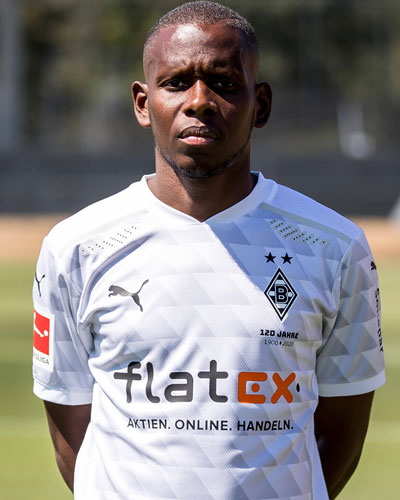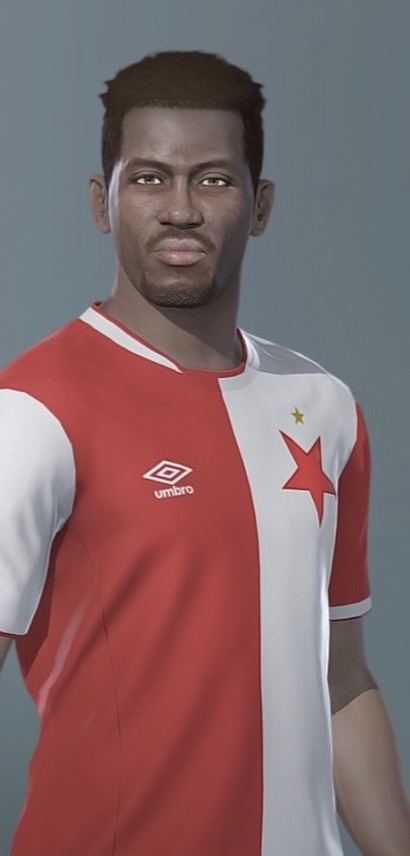Can a nation truly chart its own course, free from the shadows of external influence? In the heart of West Africa, Burkina Faso, under the leadership of Captain Ibrahim Traoré, is boldly attempting to do just that, igniting a debate about sovereignty and self-determination that resonates far beyond its borders.
Burkina Faso finds itself at a pivotal moment, a juncture where its future is being actively reshaped. The nation's trajectory has been significantly altered since September 2022, when Captain Ibrahim Traoré assumed leadership. His actions have signaled a decisive break from established patterns, challenging long-standing alliances and advocating for a path toward greater national autonomy. This shift has not only captured international attention but has also ignited a sense of hope and possibility within Burkina Faso itself, particularly among its younger generation, eager for a different future.
| Attribute | Details |
|---|---|
| Full Name | Ibrahim Traoré |
| Date of Birth | March 14, [Information missing: year of birth is not provided in the source material] |
| Place of Birth | Kéra, Bondokuy, Mouhoun Province, Burkina Faso |
| Education | Primary education in Bondokuy; High School in Bobo-Dioulasso; Studied Geology at the University of Ouagadougou (from 2006) |
| Military Career | Military officer; Led a coup in September 2022 against Lieutenant Colonel Paul Henri Damiba |
| Political Positions | Interim President of Burkina Faso (since September 2022) |
| Known For | Youngest head of state in the world; Advocating for self-reliance and breaking from foreign influence in Burkina Faso |
| Association | Association of Muslim Students |
| Other Notable Activities | Attended the Russia-Africa Summit in July 2023 |
| Reference | Ibrahim Traoré - Wikipedia |
Ibrahim Traoré’s rise to power is a story defined by both military prowess and a desire for change. Having seized control through a coup in September 2022, he swiftly positioned himself as a leader determined to redefine Burkina Faso's destiny. His young age, coupled with his decisive actions, has made him a symbol of a new generation of African leaders, challenging the status quo and advocating for a more independent approach to governance and international relations.
Born in Kéra, Bondokuy, in the Mouhoun Province, Traoré's early life provided the foundation for his later path. He attended primary school in Bondokuy before moving to Bobo-Dioulasso for high school. Those who knew him in his youth recall a quiet but talented individual. His academic pursuits eventually led him to the University of Ouagadougou, where he studied geology from 2006. During his time at the university, he was involved in the Association of Muslim Students, a detail that provides a glimpse into his formative influences and community involvement.
The circumstances surrounding Traoré's ascent to leadership are complex, reflecting the intricate political landscape of Burkina Faso. The coup of September 2022, which brought him to power, was not an isolated event but rather the culmination of a period of instability and a growing dissatisfaction with the existing leadership. His swift move to take control signaled a determined commitment to chart a new course for the nation. Traoré, upon assuming the interim presidency, pledged to prioritize security and prosperity for the West African nation, a message that resonated with many citizens, particularly the youth.
Traoré's leadership style has quickly become a subject of intense scrutiny and debate, both within Burkina Faso and internationally. His stance against what he perceives as undue foreign influence, coupled with his efforts to foster self-reliance, has garnered both support and criticism. He has been particularly vocal about the need for African nations to determine their own futures, free from external pressures, a sentiment that has resonated with those seeking greater autonomy and self-determination in the region.
One of the notable aspects of Traoré's tenure has been his engagement with the international community, and his attendance at the Russia-Africa Summit in July 2023 further underscored his commitment to forging new alliances and diversifying Burkina Faso’s partnerships. This summit, and his participation, has been interpreted as a signal of his government’s intentions to move away from traditional alliances, a move that has attracted considerable international attention, particularly from Western nations. His public criticisms of what he terms imperialists reflect a broader vision of a more multipolar world, where African nations can exert greater influence on the global stage.
Furthermore, the formation of the Alliance of Sahel States with Mali and Niger in 2023 highlights a regional dimension to Traoré’s leadership. This security partnership underscores a shared commitment to regional cooperation and self-defense. It also marks a significant shift in the geopolitical landscape of the Sahel region, creating a bloc that is seeking to address common security challenges independently. This alliance is a testament to the evolving dynamics in the region, where nations are increasingly looking for ways to collaborate and secure their interests.
Traoré’s leadership is marked by several key initiatives. The primary focus has been on addressing the persistent security challenges facing Burkina Faso. The country has been grappling with various threats, and under Traoré’s leadership, there has been a concerted effort to combat these issues and stabilize the nation. Furthermore, Traoré has also emphasized the importance of economic development and social progress. He has advocated for policies that aim to improve the living conditions of the Burkinabé people and promote sustainable development.
The challenges that confront Traoré and his government are substantial. Burkina Faso faces multiple internal and external pressures. The country must navigate the complexities of the regional security landscape and grapple with the implications of global shifts. There are also significant domestic issues, including economic disparities, social divisions, and the need for inclusive governance. Furthermore, ensuring the security of the nation's borders and protecting its citizens remains a significant priority.
The international community is closely observing Traoré’s actions and policies. Different nations and organizations have expressed varying views on his leadership, ranging from cautious optimism to outright skepticism. It is important to understand that the situation in Burkina Faso is incredibly complex, with numerous stakeholders and a wide range of interests at play. As the nation navigates this period of transformation, the world is watching how Burkina Faso chooses to forge its own path.
The future of Burkina Faso, under the leadership of Captain Ibrahim Traoré, remains uncertain. His actions have sparked a debate about the meaning of sovereignty, self-reliance, and the role of external influence in a rapidly changing world. Traoré's vision of a Burkina Faso that is independent and self-sufficient is a bold undertaking, and the success of his efforts will have significant implications not only for Burkina Faso but also for the broader African continent. Whether he can overcome the numerous obstacles and realize his vision will shape the narrative of Burkina Faso for years to come.
The decisions made in Ouagadougou today will have far-reaching consequences, echoing across the Sahel and beyond, potentially inspiring other nations to reconsider their own relationships with the world. As Burkina Faso continues its journey, the world will watch with keen interest, waiting to see if Captain Ibrahim Traoré can truly redefine the country’s path.



